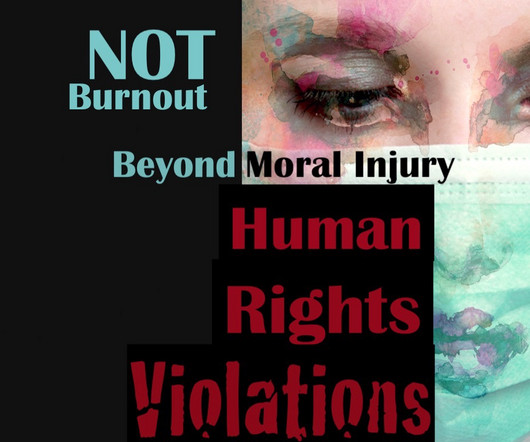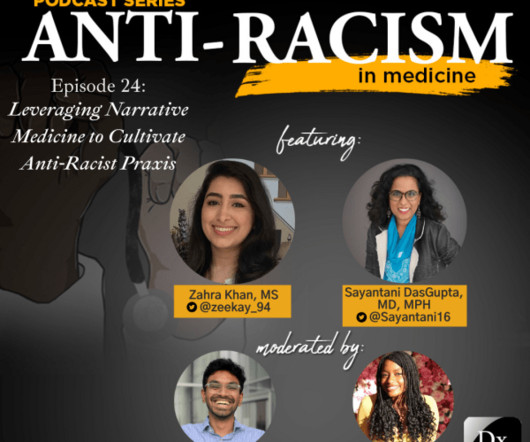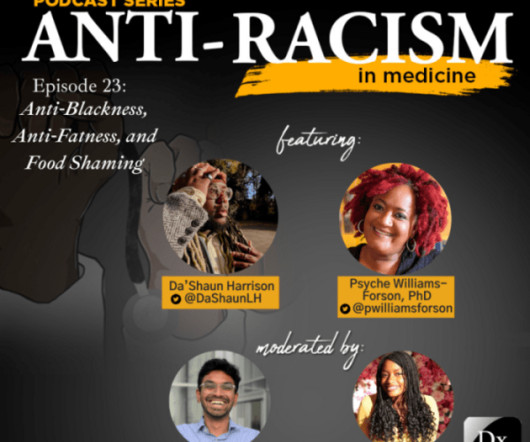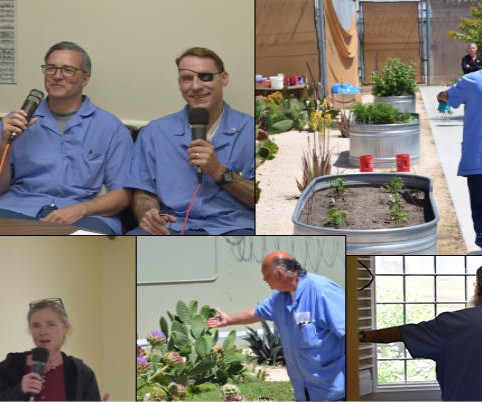FDA’s Issues Draft Guidance on Accelerated Approval: A Substantial Evidentiary and Procedural Overhaul to this High-Profile Pathway
FDA Law
JANUARY 12, 2025
Since that time, it was formalized in FDA regulations (21 CFR 314 Subpart H) in 1992, codified in the Food, Drug, & Cosmetic Act by FDAMA (21 USC 356(c)) in 1997, revised by FDASIA in 2012, and described in guidance, most importantly, in the 2014 Expedited Programs for Serious Conditions Drugs and Biologics (2014 Guidance).
















Let's personalize your content